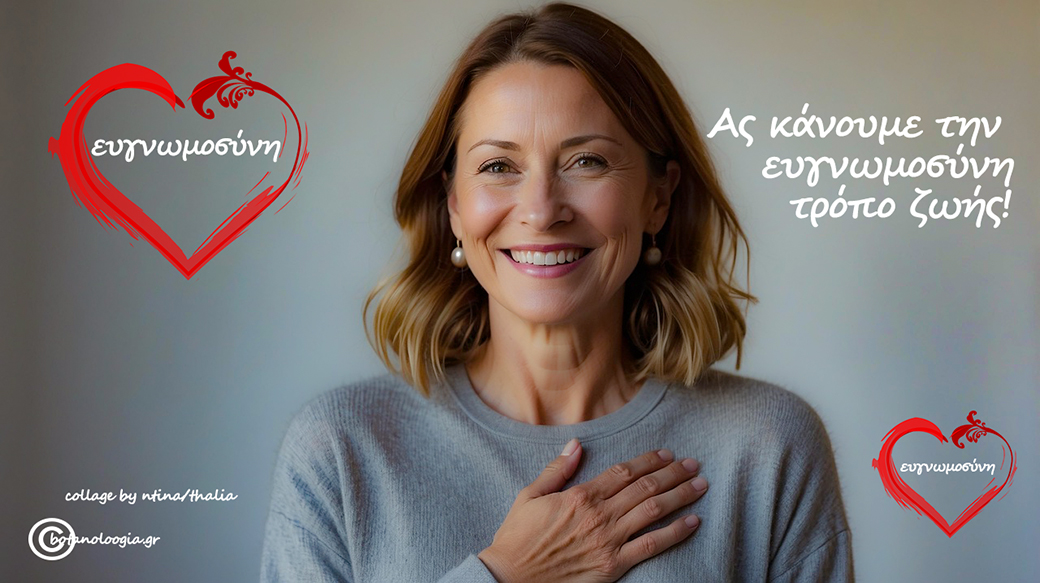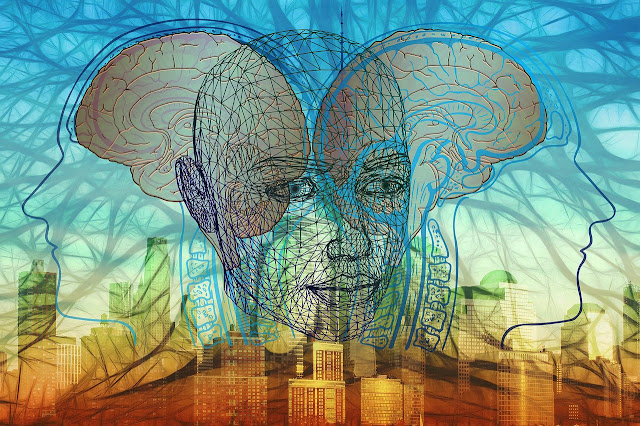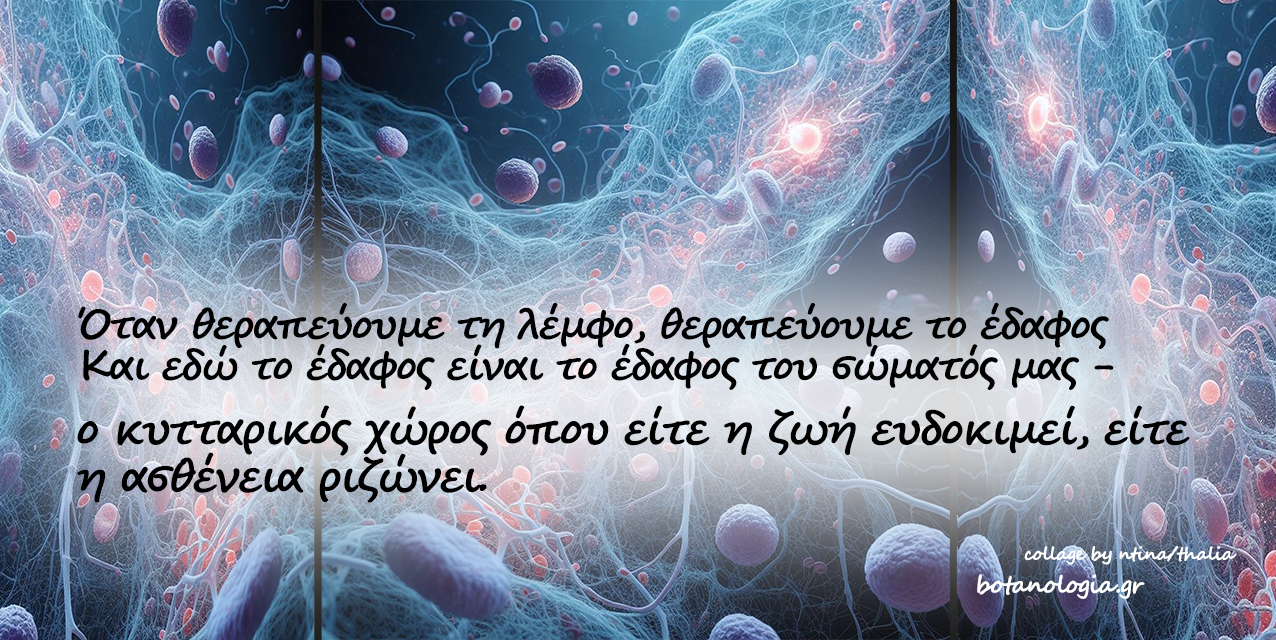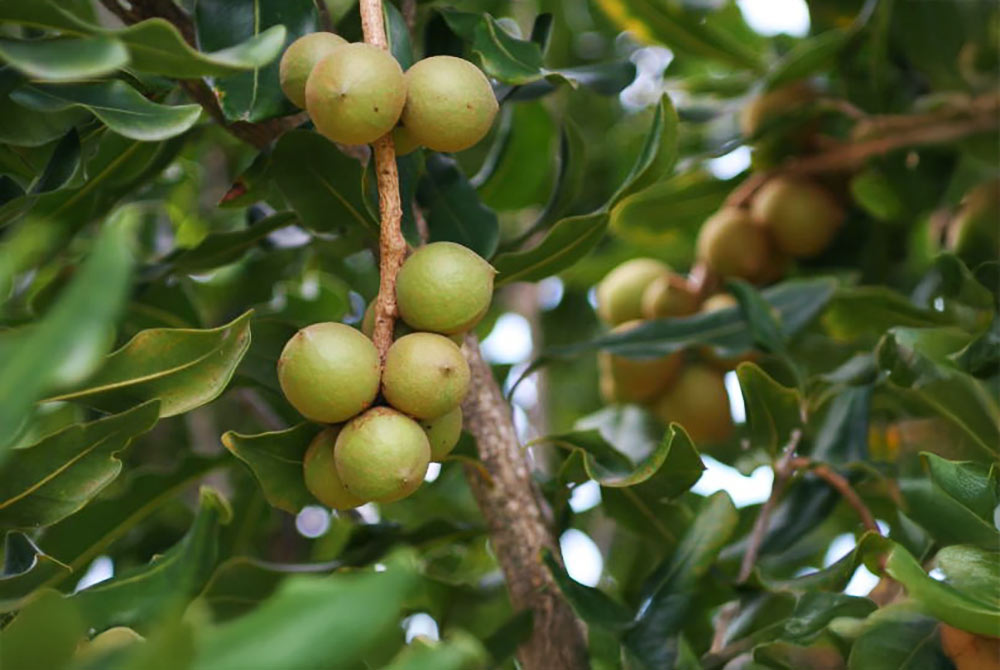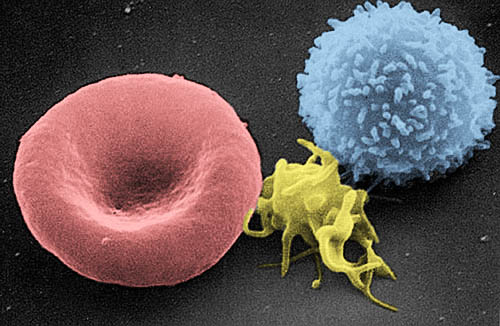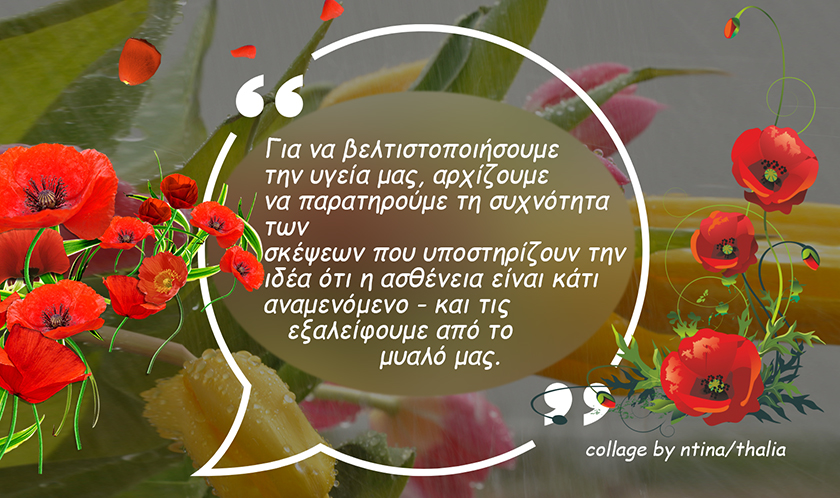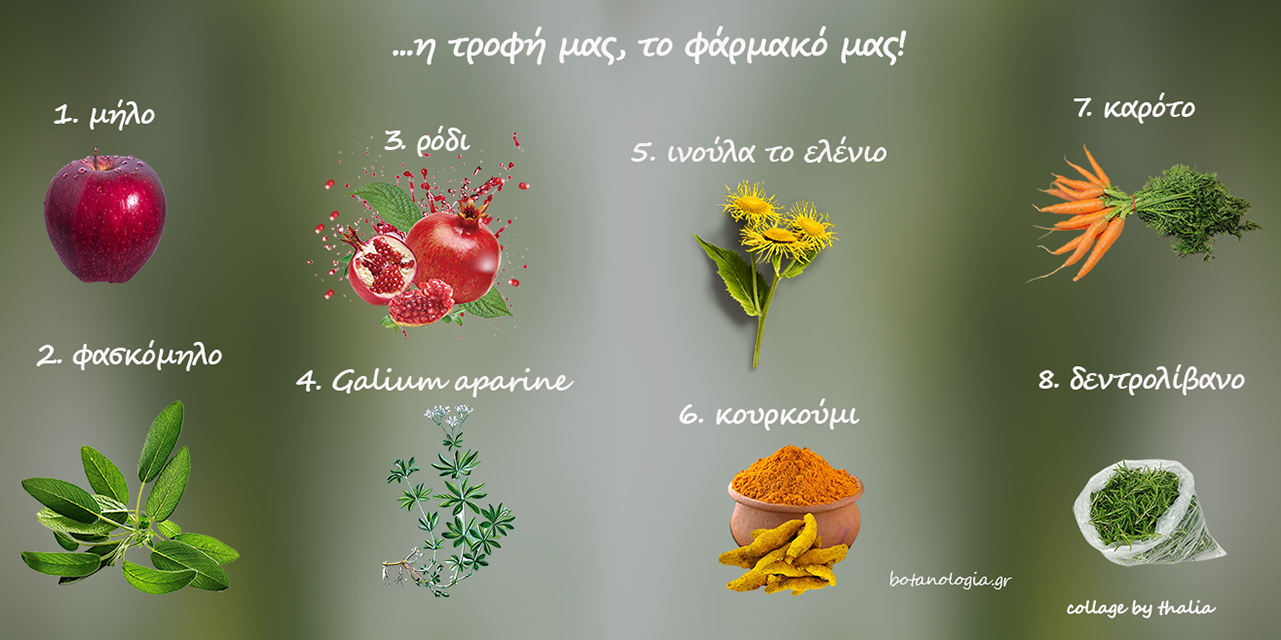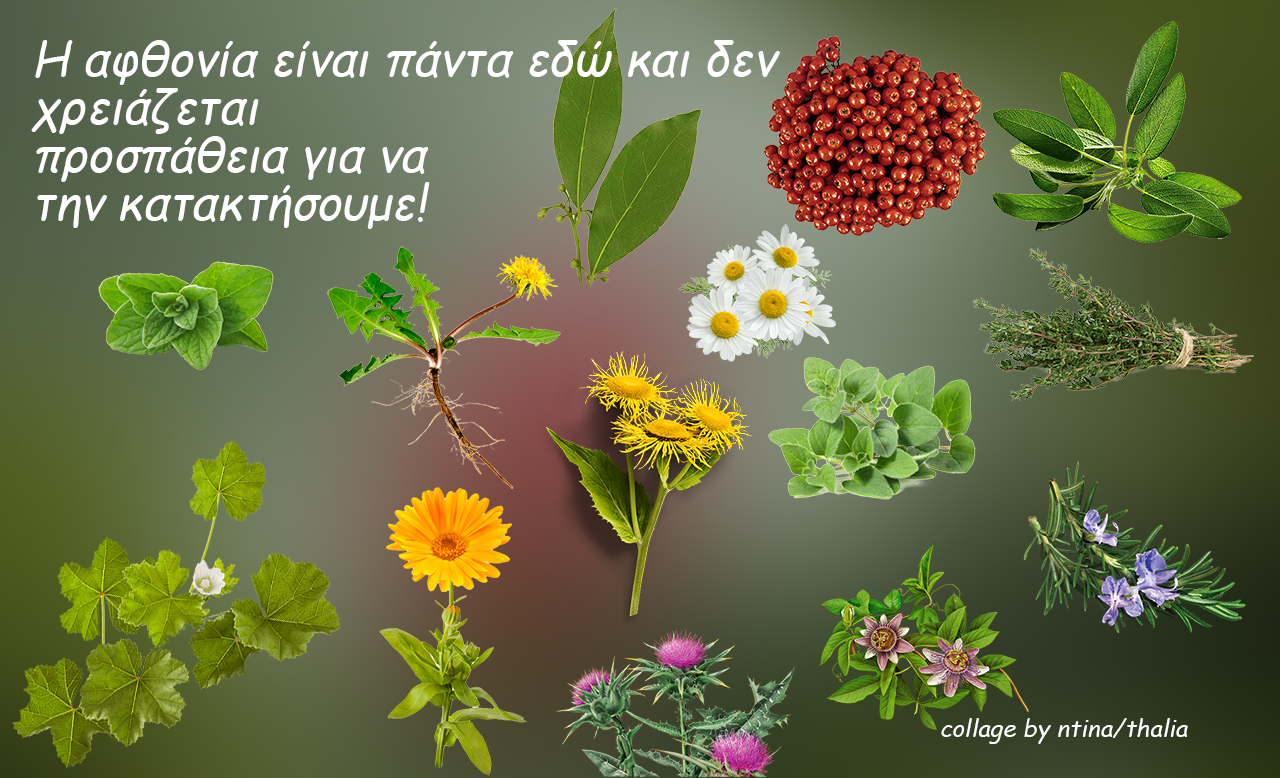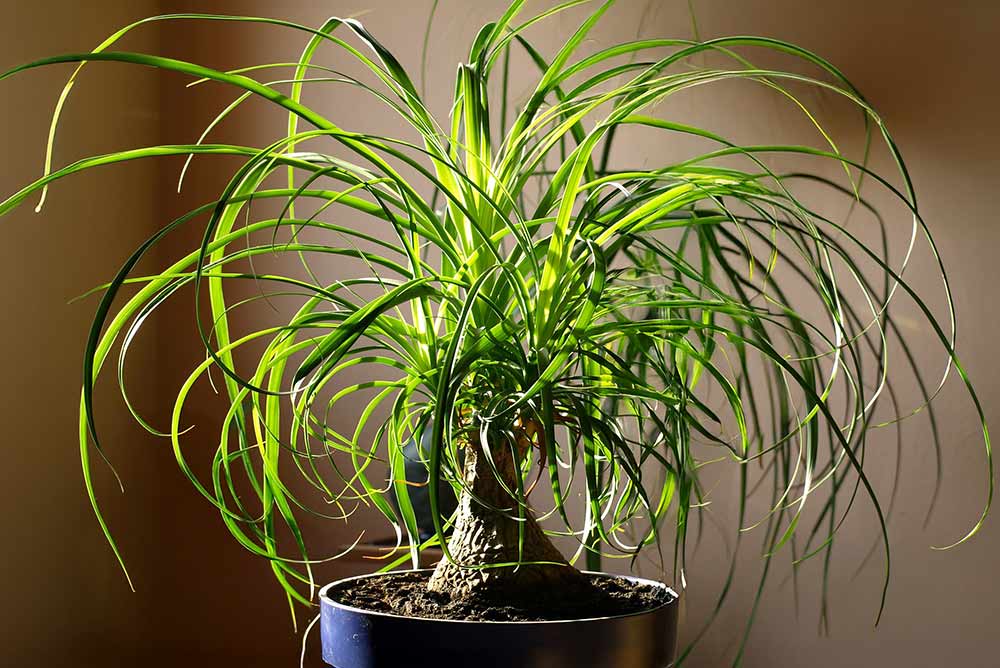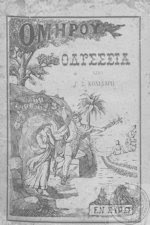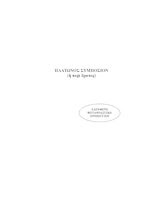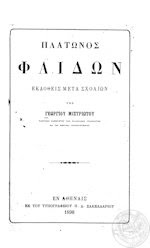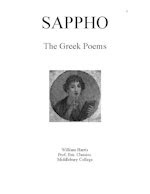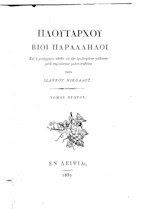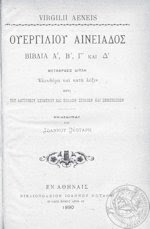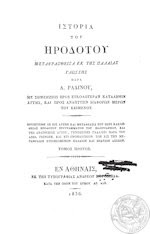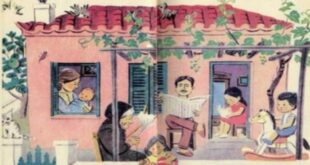Τα 15 καλύτερα δωρεάν κλασικά βιβλία
Ελληνικά είναι τα 9 από τα 15 καλύτερα κλασικά βιβλία όλων των εποχών
Homer (c775BC)

The theme is war, for sure, but really it’s the wrath of Achilles, and what it’s like to work with an unstable killing machine. Each death is separately crafted; the gods mourn their favourites; and even Achilles can show us how to act with dignity.
Homer (c725BC)

Here is Odysseus, returning from the war. But this is a poem less about travel and monsters than it is about identity – how the wily hero disguises himself even among his family. This is conflict on a domestic scale.
Ovid (8AD)

The Metamorphoses are all over the walls of the National Gallery. This was the most read book of Latin from the Renaissance onwards, and its tales of transformation, punishments fair or unfair, and the mythical roots of the universe, shape our aesthetic outlook even now.
Plato (c385-380BC)

This is Greek prose writing at its best. A dialogue about love at a party that the handsome Alcibiades crashes is deliberately drunken and confusing, to show that no one, not even Socrates, can say what love is.
Ovid (2AD)

Men – how can you woo women and keep them? Women – how can you impress men and stop them wearing your clothes? Ovid’s tips on love are sometimes classy, occasionally crass, but always revealing about the intricacies of Roman living and loving.
Plato (c385-380BC)

The death of Socrates is enormously moving for the tremendous calm he shows. He claims this is because he will see the world beyond this one, where things assume their perfect forms. And yet this is a powerfully human portrait of Socrates from his student.
Xenophon (360BC)

This other Symposium is notable not for its philosopohical rigour, but for the way in which Socrates turns into Dr Johnson. “What should we eat?” “Onions.” “Why?” “Our wives won’t think anyone would snog us.” “So what is the best perfume?” Etc.
Sappho (born c612BC)

This won’t take long – many of the poems contained in her nine books have been lost or destroyed – but what survives is stunning – intimate, utterly original and wise. Anne Carson’s edition, If Not, Winter, is a perfect place to start.
Parallel Lives (Greek and Roman)
Plutarch (before 120AD)

Plutarch composed these detailed portraits of Greek and Roman greats long after the events, but scholars find him staggeringly well informed. It’s also amazing to note how many images in Shakespeare’s Roman plays are really Plutarch’s.
Virgil (19BC)

The tale of Trojans founding Rome goes far beyond propaganda (although it’s there). Virgil is the master of pathos, commemorating victims more than victories. And the failed romance between Aeneas and Dido is the ancient world’s best love story.
Saint Augustine (398AD)

As St Augustine struggles excitingly with temptation, one of the most tempting things for him is the Classical world itself, so rich in the rhetoric he would use for his own preaching, but with which he would bid the ancients goodbye.
Lucretius (before 55BC)

Lucretius leaned on the Greek philosophers to create this investigation into how the universe works: it is run by atoms, can you believe, and gods are disinterested. Lucretius can write sensually as well as entertainingly.
Hesiod (after 750BC)

Many of the myths of ancient Greece that seem so natural to us now first appear in Hesiod – for example, how the gods appeared. In Works and Days he is more down to earth, advising on agriculture, but not before he’s offered a frank assessment of mankind from golden age to iron.
Herodotus (c450-420BC)

Was the father of history even a historian? He did recount the events of the war against Persia, to rally the Greeks once more, but the anecdotes, sketches of other cultures, and his accounts of mummification suggest he’s something more interesting still.
Virgil (29BC)

“The best poem by the best poet” in Latin, said the 17th-century English poet John Dryden, and he was completely right. Virgil picks up on Hesiod’s advice for farmers, but knows better how to structure his work, and his range of language helps him to treat the earth as a living organism.
THE OTHER CONTENDERS
Pindar (from 498BC)

The Apology (Last Days of Socrates)
Plato (c385-380BC)

Livy (before 17AD)

Cicero (56BC)

The Gourdification (or Apocolocyntosis)
Attributed to Seneca (before 65AD)

Lucan (before 65AD)

Juvenal (before early 2AD)

Longus (2AD)

Apuleius (2AD)

Aristotle (before 323BC)

 Φτιαχνω Μονος Μου – Do it.gr Πως φτιάχνω, σπορά, φύτεμα, ψάρεμα,καλλιέργεια, αποθήκευση τροφίμων, βότανα, κατασκευές.
Φτιαχνω Μονος Μου – Do it.gr Πως φτιάχνω, σπορά, φύτεμα, ψάρεμα,καλλιέργεια, αποθήκευση τροφίμων, βότανα, κατασκευές.
